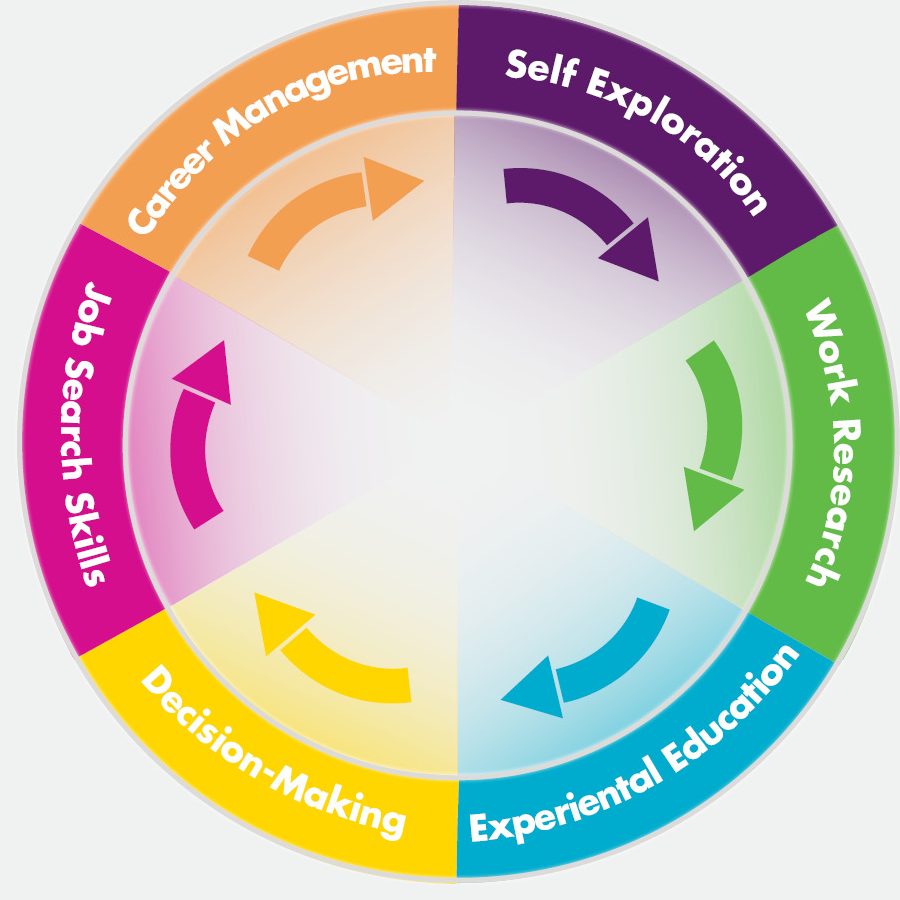Internships have become a vital component of career planning and professional development. They offer students and recent graduates a valuable opportunity to gain hands-on experience in their field of interest. This article explores what internships are and examines their role in shaping and advancing one’s career.
Understanding Internships
An internship is a temporary work experience offered by an organization to individuals, typically students or recent graduates, to gain practical experience in a specific industry or profession. Internships can vary in duration, scope, and compensation, and they may be full-time or part-time. Key characteristics of internships include:
- Experience-Based Learning: Internships provide real-world experience and exposure to the day-to-day operations of a particular industry or role. This hands-on learning helps individuals apply theoretical knowledge gained through education.
- Professional Development: Internships offer opportunities for skill development, including technical skills related to the job and soft skills such as communication, teamwork, and problem-solving.
- Networking Opportunities: Interns often have the chance to build professional relationships with colleagues, mentors, and industry professionals. These connections can be valuable for future career opportunities.
The Benefits of Internships
Internships offer several benefits that can significantly impact career planning:
- Practical Experience: Internships provide practical experience that complements academic learning. This experience is crucial for understanding the realities of a profession and developing job-specific skills.
- Career Exploration: Internships allow individuals to explore different career paths and industries. This exploration helps clarify career goals and make informed decisions about future career directions.
- Resume Building: Having internship experience on a resume demonstrates to potential employers that an individual has practical skills and a commitment to their field. This can make candidates more competitive in the job market.
- Increased Employability: Many internships can lead to full-time job offers. Employers often hire interns who have demonstrated their abilities and fit within the organization, making internships a valuable pathway to permanent employment.
- Skill Enhancement: Interns develop both technical and soft skills that are essential for their future careers. These skills include project management, research, customer service, and industry-specific knowledge.
How Internships Contribute to Career Planning
Internships play a significant role in career planning by providing insights and opportunities that shape future career decisions:
- Clarifying Career Goals: Internships offer a firsthand look at various roles and industries, helping individuals identify their interests and strengths. This clarity can guide career decisions and goal-setting.
- Building Professional Skills: Interns acquire skills and knowledge that are directly applicable to their chosen field. This practical experience helps them build a strong foundation for their careers.
- Exploring Industry Trends: Internships expose individuals to current trends and practices within their industry. Staying informed about industry developments can help with career planning and adaptation to changing job market conditions.
- Gaining Professional Insights: Internships provide insights into workplace culture, expectations, and industry standards. Understanding these aspects can help individuals prepare for their future careers and navigate the professional environment more effectively.
Finding and Making the Most of an Internship
Securing and maximizing the benefits of an internship involves several key steps:
- Searching for Opportunities: Look for internship opportunities through university career centers, job boards, professional networks, and company websites. Tailor applications to specific roles and industries of interest.
- Preparing for Interviews: Prepare for internship interviews by researching the organization, understanding the role, and practicing common interview questions. Demonstrating enthusiasm and a willingness to learn can leave a positive impression.
- Setting Goals: Establish clear goals for the internship experience. Identify what you hope to learn, the skills you want to develop, and the connections you aim to make.
- Seeking Feedback: Actively seek feedback from supervisors and colleagues. Constructive feedback helps improve performance and develop skills, making the internship experience more valuable.
- Building Relationships: Network with colleagues, mentors, and industry professionals. Building relationships during the internship can lead to future opportunities and provide valuable career advice.
The Long-Term Impact of Internships
Internships can have a lasting impact on an individual’s career trajectory:
- Career Advancement: The experience gained during an internship can open doors to future job opportunities, promotions, and career advancements. Interns who perform well may be offered full-time positions or valuable industry connections.
- Professional Reputation: Successfully completing an internship contributes to building a positive professional reputation. A strong performance can lead to favorable references and endorsements from supervisors and colleagues.
- Continued Learning: The knowledge and skills gained from an internship often lead to continued learning and professional development. Interns may pursue further education or certifications based on their experiences and career interests.
In conclusion, internships are a crucial element of career planning, offering valuable experience, skill development, and networking opportunities. By understanding the benefits and making the most of internship experiences, individuals can better prepare for their future careers and achieve their professional goals.

